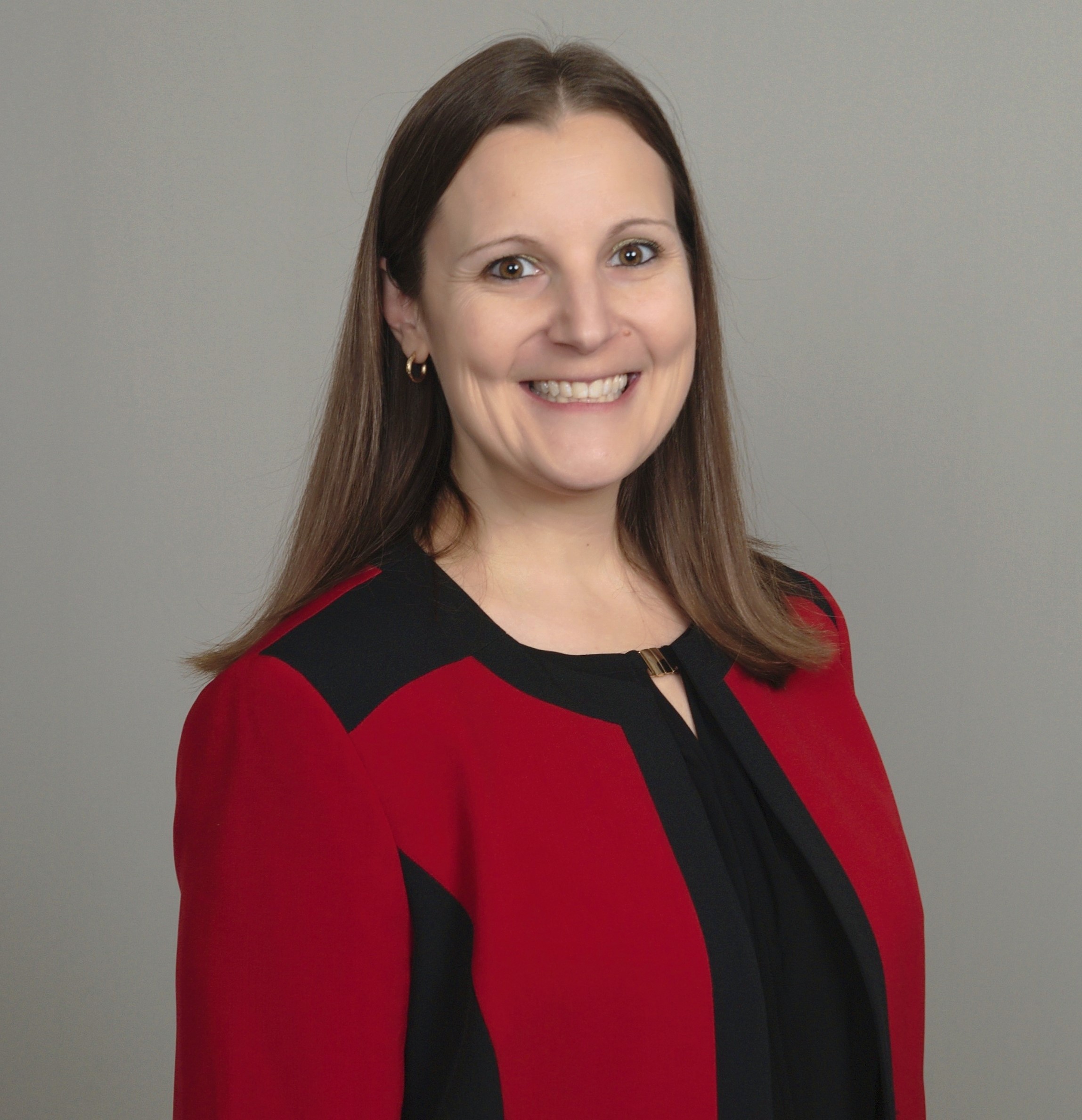
Kim Falgiani, RMR, CRC, became a court reporter in 1980 and then became a broadcast captioner in 2002. After some years in broadcast captioning, she went through a series of medical situations, including tendinitis, that derailed her career and nearly ended it. She shared her story of how she overcame these challenges and offered some advice for reporters and captioners to stay at the physical top of their game.
JCR | What challenge have you overcome to be a successful captioner?
FALGIANI | Captioners must overcome many challenges in their careers. Longevity, professional fulfillment, and reasonable compensation are the goals. Everyone wants to be paid what they’re worth.
The obvious answer, which is true for every successful captioner, is the transition into quality realtime writing, staying relevant and updated in the profession, and keeping up with new technology. For me, the most difficult obstacle I had to overcome was tendinitis. Rehabilitation was a long-term process. Ultimately, I had to:
- complete rehab successfully
- regain my speed and confidence
- regain my certifications
- upgrade my software, paying back
software support - upgrade my computer system and phones
- renew my referral sources to find jobs as
an independent contractor
JCR | How did this challenge make captioning difficult for you?
FALGIANI | The solution for tendinitis is rest, so I could no longer write. Recovery time surely varies, but it may stretch into months; it took me 14 months of rehabilitation to recover from bilateral wrist tendinitis, bilateral elbow tendinitis, shoulder tendinitis, adhesive capsulitis, and a strained neck. Within a few months of slowly beginning to write again, as an independent contractor now instead of an employed broadcast captioner, I suffered a dislocated shoulder and spiral-fractured my upper humerus. I chose a nonsurgical route with that break, so the rehab was a bit longer.
JCR | What strategies or changes did you use to overcome this challenge?
FALGIANI | I needed to find a way to stay informed and relevant in the profession. At that point in time, I had 30 years of progressing through our field as an official, freelancer, business owner, and then a broadcast captioner. I looked for a way to offer my skills without writing. I consulted on captioning programs, advisory committees, anything to not lose the “pulse” of the captioning field.
Everything I did while rehabbing led to me becoming a better and more health-conscious writer. I say better writer because I was always very stroke-intensive, so I began to incorporate writing techniques that reduced my stroke counts, better theory, and things like that.
Instead of captioning, or any writing at all, I started looking into how to help educate future court reporters and captioners. Fortunately, I was hired to be part-time adjunct faculty in a court reporting program in my state during healing time. After about another year of rehab, I began to edit realtime files for quarterly financial reports and rebuild some speed and endurance by writing offline files for projects, such as tutorial videos, etc.
Dealing specifically with my injuries, I took the advice and relied upon my doctor’s and physical therapists’ forms of rehab, but I also changed my diet to help keep inflammation away. This included juicing; finding suggested natural remedies, such as ginger, turmeric, and pineapple; and learning what foods are best. I started using wrist supports and support gloves. I avoided heavy lifting; anything that required any movement of my wrists or elbows now was a conscious thought. I paid attention to what foods really did make my fingers or wrists seem achy!
I found better ergonomic setups, such as monitors that didn’t make me tilt my head back but were more at eye level; I tried to be aware of sitting up straight! I switched from a traditional steno machine to the Lightspeed, but I was too far gone with the traditional touch to adjust to that, so the Luminex is what became right for me. The tilt and the touch on that is fantastic — I can position that machine where it is comfortable for me, and I don’t get that familiar wrist pain.
JCR | Did you receive any outside support in overcoming this challenge?
FALGIANI | I went into physical therapy three times a week for well over a year, before having to re-enter therapy just months later after my dislocated shoulder and broken arm.
As mentioned, I was able to become involved in a court reporting and captioning program as adjunct faculty. And the faculty was kind and patient. I had all the years of knowledge in my head, but they had the knowledge about how to help me express that in a classroom format. Kudos to our schools for educating our future writers!
I would love to name colleagues who helped me through this difficult time, but I fear I might miss someone and I don’t want to do that. But to my colleagues who stayed in contact, those who pared down my schedule, or hired me knowing I wouldn’t offer more than a few hours a week and then increasing my hours as I became stronger, I am forever grateful. To our community that helped me transition into remote and on-site CART captioning and internet and online broadcast captioning, I am so happy I found this part of captioning — thank you.
And as always, my husband, John, who has always been my biggest supporter, and our children. Without their support of taking over household chores, cooking, cleaning, listening to my frustrations, encouraging me to persevere, I could have easily faded out of the profession. Thank you for that never-ending support.
JCR | What advice do you have for someone else struggling with this particular challenge?
FALGIANI | Captioning is an investment in your future self, and tendinitis is a possible reality from all those hours at a desk and on a machine, so there are many things:
- Stay healthy: If you are having pain in your wrists, arms, seek medical advice. Don’t let this get to a point that your career is in jeopardy. Use preventative measures. Learn what sorts of foods have anti-inflammatory properties. Drink plenty of water. Follow a healthy lifestyle.
- Exercise: With so many hours spent at your desk, you need to be conscious of really stretching, getting up, and moving. Have a daily exercise routine, whether it is walking, yoga, biking.
- Ergonomics: Assess your workspace ergonomically: the height of your monitors, the chair you sit in, your mouse, and your keyboard.
- Stay informed and educated: If you must take time off for any sort of recovery, stay informed by reading articles, volunteering your time to our students, joining focus groups or committees, getting involved with the Deaf/hard-of-hearing communities as advocates, etc. Continue to earn your Continuing Education Units to ensure your certifications don’t lapse. (Retraining your mind to take Q&A testimony after strictly captioning can be a task for some reason!) Don’t let the ever-changing technology get ahead of you.
- Avoid injury: Be smart about your activities, and try to avoid risky behavior.
But mostly, for me, after resuming a captioning schedule, it was more of a reduction in hours and/or the way my hours are spread out. There is always the question of employee vs. independent contractor. Independent contracting is allowing me to control my schedule so it works best for me.
JCR | Do you have anything else you’d like to add?
FALGIANI | Sitting all day can be a health issue, as well as the repetitive motion, so educate yourself on short exercise routines to do at your desk or in your surroundings, or just using a few extra minutes to stand up instead of sitting and waiting, if appropriate. Find your niche with either yoga, stretch bands, walking, something to keep you active. It is really easy to find information on things like one-minute workout routines, or seven 60-second moves, things like that. I haven’t tried a stand-up desk, but I have read that some really love that sort of thing.
When your shift for the day is done, make that stretching, at least, a part of your shutdown routine. And don’t get caught up in one form of captioning. With the forward march of technology, there are so many captioning opportunities. If you are able, keep a variety of jobs in your schedule just to help break up very difficult routines, and try not to work ten-day weeks.
Kim Falgiani, RMR, CRC, is a captioner in Warren, Ohio. She can be reached at kfalgiani@gmail.com.
















